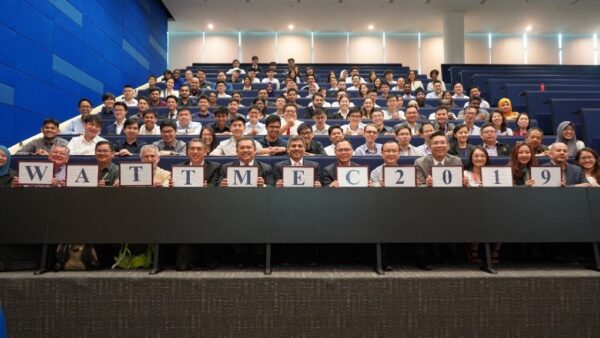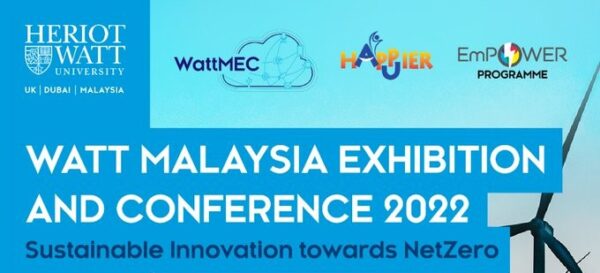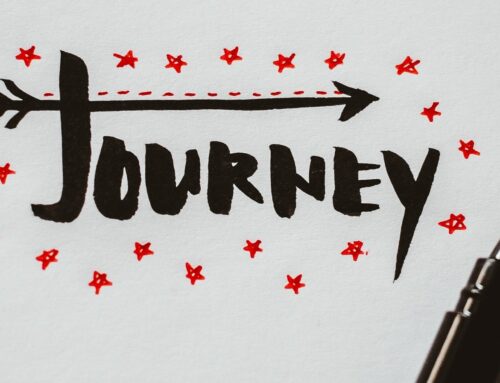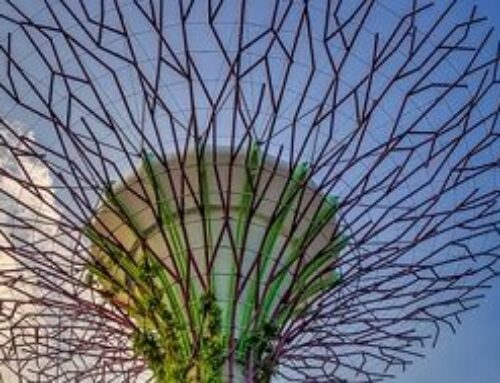Through this blog, Alia Nazor (Assistant Professor, EGIS), reflects on the WattMEC initiative. This innovative approach embeds commitment to the Sustainable Development Goals in assessment practice in an authentic and engaging way, connecting students to academic and industry partners and celebrating student action for change.
Heriot-Watt University (HWU) is committed in producing graduates who contribute effectively in multi-disciplinary engineering teams, who are committed to contributing to sustainable development, and who demonstrate professional competencies that will ensure they can really make a difference in the workplace and wider world..
Heriot-Watt Malaysia (HWUM) is pioneering efforts to infuse the United Nation’s Sustainable Development Goals (SDGs) and key indicators into the oral presentation assessment of specialist courses. Student project topics are mapped to one of the SDGs, this becomes the focus for the project challenge, design, and solution. By developing this challenge-focused approach to knowledge development, decision making and communication, students attained practical insight and experience of on how they can take collective responsibility as global citizens to be solution finders that bring positive impact to the world (Lang et al., 2012). This also directly links assessment authentically to the graduate attributes HWU graduates are supported to develop (Global, Specialist, Professional, and Creative) and the core skills they will require as they step out into their communities and the world of work.
Emerging from this assessment change was a commitment to share and amplify the impact of work beyond ‘being a course assessment’ to being a focus for discussion, sharing and wider change.
In order to realise that impact, HWUM organises an annual student-centred exhibition and conference which known as WattMEC (Watt Malaysia Exhibition & Conference) as a platform to showcase the creative works of students. The event brings together academic experts from the university and industrial experts from diverse disciplinary and professional contexts.
The first WattMEC was held in 2019 involving a total of 40 Industrial experts and 50 faculty members as assessors to the 330 student presenters. Find out more here.
Rather than a typical in-class oral presentation, a more authentic and richer learning experience was provided for students as they presented their research and project-design outcomes to this wider and multi-skilled audience.
WattMEC was inspired by the concept of international conferences where students meet multi-profession and multi-national audience in a common venue. Like any international event, the environment cultivates the spirit of knowledge sharing at global scale, which is is difficult to replicate in traditional in-class oral presentations.

The first WattMEC was held in 2019 bringing together 40 Industry experts, 50 faculty members and 330 student presenters.
WattMEC introduces a transdisciplinary approach whereby the academic and industrial collaboration helps to overcome academic fragmentation and mono-disciplinarity (Gaziulusoy & Boyle, 2012). Industrial experts provide specialist feedback as they observed the students’ work and its potential application. Networking opportunities were amplified and focused on practical action, with academics partnering with industrial experts to shape and share possible follow-up actions for the student projects. Through this mutual learning processes, students are encouraged to think across boundaries, to see the connections and overlaps of relevant global problems through knowledge sharing, interdisciplinary working, and a focus on contributing to addressing one SDG from different angles.
WattMEC’s approach is adoptable by any institution for any discipline and most importantly can be successfully delivered through any mode whether it be in-person, fully online (i.e., e-WattMEC 2021) or hybrid mode (WattMEC 2022).
WattMEC 2022 runs from 5th-7th April, online and on HWUM Campus, with a focus on ‘Sustainable Innovation Towards Net Zero’.

References:
Gaziulusoy, A. I., & Boyle, C. (2012). Proposing a heuristic reflective tool for reviewing literature in transdisciplinary research for sustainability. Journal of Cleaner Production, 48, 139-147.
Lang, D. J., Wiek, A., Bergmann, M., Stauffacher, M., Martens, P., Moll, P., Thomas, C. J.(2012). Transdisciplinary research in sustainability science: practice, principles, and challenges. Sustainability Science, 7(S1), 25–43.






